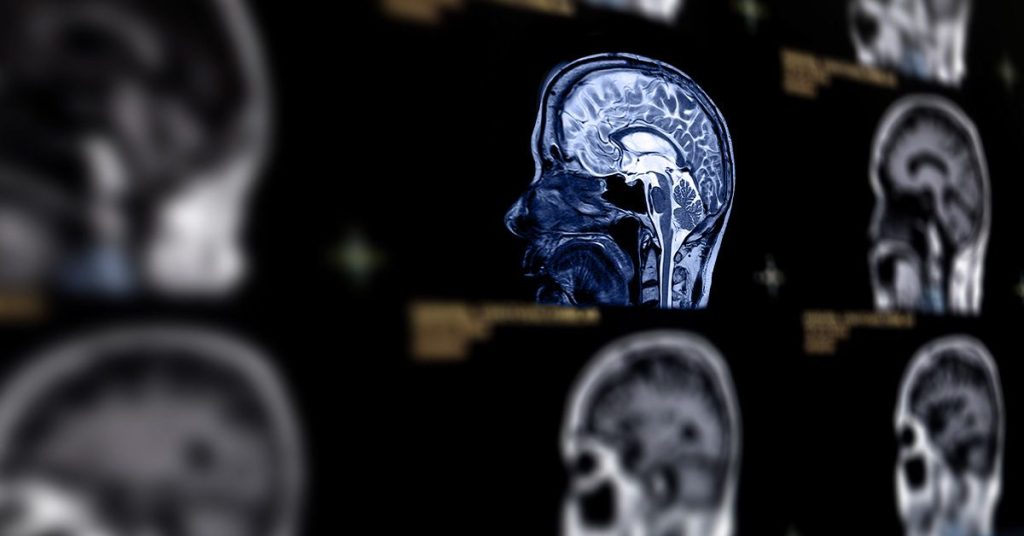Obesity is a global public health concern that increases the risk of various health problems such as heart disease, stroke, type 2 diabetes, arthritis, and cancer. New research suggests that obesity may also accelerate brain aging by damaging blood vessels in the brain, reducing oxygen supply to brain cells, and leading to cognitive decline. Studies show that obesity is associated with reduced brain function, possibly due to inflammation caused by the release of pro-inflammatory cytokines from adipose tissue in obese individuals. This chronic inflammatory state may induce senescence in the cerebrovasculature, impairing the vessels’ ability to regulate blood flow and respond to neural activity.
Obesity affects a significant portion of the global population, with 16% of people worldwide and 41.9% in the United States living with obesity in recent years. The condition is also a growing concern in younger people, with 160 million children and adolescents worldwide living with obesity. A new study presented at the American Physiology Summit reveals that obesity and an unhealthy diet may increase the accumulation of damage in blood vessels, resulting in diminished oxygen delivery to specific brain regions and potential cognitive deterioration. Researchers found that mice on a high-fat diet showed an increase in senescence of endothelial cells in blood vessels, impaired cognitive function, and reduced cerebral blood flow, suggesting a link between obesity and cognitive decline.
Research suggests that strategies designed to eliminate senescent cells, such as the drug Navitoclax, may reverse or prevent cognitive decline associated with aging and obesity in mice. Eliminating senescent cells in the brains of obese mice improved brain vasculature and cognitive function, offering a potential way to address obesity-related brain problems. However, further studies are needed to evaluate the safety and efficacy of such treatments in humans. Maintaining a healthy weight or losing weight for individuals with obesity can help prevent cerebrovascular and cognitive changes associated with aging. Maintaining a healthy weight through proper diet and exercise is crucial for preserving vascular health and cognitive function as we age, as inflammation and oxidative stress are implicated in cerebrovascular damage and cognitive decline.
While more clinical research is needed to fully understand the impact of weight and nutrition on brain health, maintaining a healthy weight through proper diet and exercise is essential in preserving vascular health and cognitive function. Some specific foods and nutrients, such as blueberries, plums, beetroot, pomegranate juice, and omega-3 fatty acids found in fish, nuts, and seeds, are being studied for their positive impacts on vascular health. These foods have been shown to improve blood flow, reduce inflammation, and protect against oxidative stress. By focusing on the role of senescent cells in the aging process and obesity, researchers aim to develop targeted strategies that enhance the overall quality of life for individuals as they age. Ultimately, maintaining a healthy weight and incorporating a balanced diet are key factors in promoting brain health and overall well-being.


